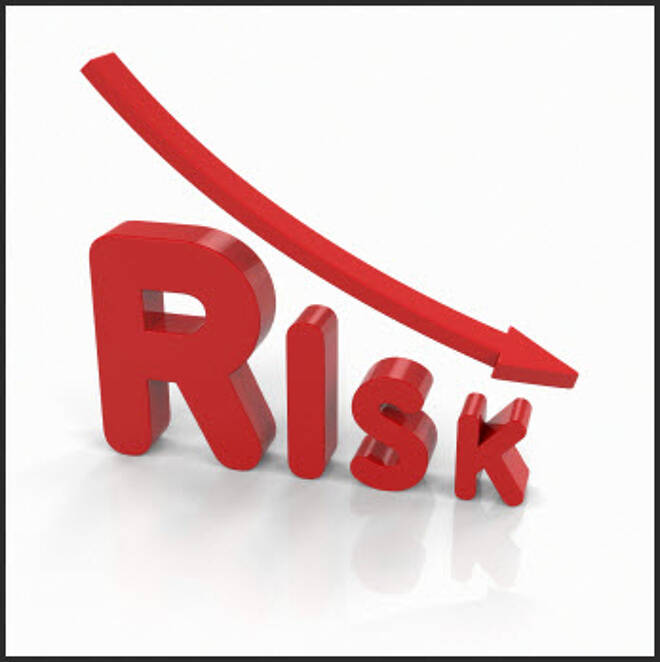Advertisement
Advertisement
What Happens When Markets Crash and the Affect on Securities
By:
Intro
There are numerous reasons why markets crash and there are varies affects that takes place within the global markets when specific effects takes place.
Market crashes can be traced back to events such as political unrest within the world, wars, economic turmoil, natural disasters etc.
Today, most markets are closely linked and when one country encounters a specific event this can easily cause a domino effect. Sell offs in the securities markets as well as other markets around the world usually follow specific patterns and if the trader can catch these moves prior to them taking place they can reap fantastic rewards.
In addition, there are major financial institutions around the world which monitor the financial well being of their economies to help ease financial circumstances as well as stimulate economies if/when markets crash.
Usually, when economies crash an individual country will try to put measures into place to prevent additional turmoil. These types of measures have taken place numerous times in the past. Several of the larger financial institutions which play a role in assisting their countries’ economies when economic catastrophes take place are The United States Federal Reserve (FED), The European Central Bank, The Bank of Japan and the International Monetary Fund.
The United States Federal Reserve is most likely the organization which has the greatest impact on financial and monetary influence within the world. Forex traders along with investors should always keep a close eye on what the Federal Reserve is doing and what their monetary policy will do to the rest of the economies around the globe.
The European Central Bank (ECB) regulates and overseas monetary policy within the euro nations. Forex traders should always be aware of all reactions of the ECB and its thoughts and policies on economic conditions within the euro nations.
The Bank of Japan monitors one of the largest economies in the world. The Bank of Japan (BOJ) has a major impact on the Japanese economy. Forex traders and investors should closely monitor a monetary policy which is created by the BOJ.
The International Monetary Fund is another crucial financial regulating organization which plays a role in keeping economic stability throughout the world. Forex traders should keep a close eye on news within the international Monetary Fund.
It is important for forex traders and investors to know what happens when markets crash. History usually repeats itself and if/when a market crashes it is important to track historic events to get a better understanding on how events led up to a market crash. When the markets crash the domino effect typically takes place.
The domino effect can either take place within the country where the financial crises has taken place or throughout the world. In addition, if individuals do not have discretionary income either due to paper lose or recognized lose the economy slows dramatically. The amount of spending stifles large as well as small businesses owners from selling their products which usually leads to businesses going up in smoke. Also, fewer products are created and R&D virtually ceases.
The side effects of market crashes are straight forward. There is a tendency for individuals as well as societies to panic. If/when panic sets in this can turn into civil unrest, violence as well as protest. Also, political destabilization can take place when markets crash and there are uncertainty within the markets.
There are numerous countries which have experienced market crashes and the history/pattern of the events that follow are parallel. When markets crash there can be massive strikes, despair, dissatisfaction on how economic events are being handled etc.
In closing, there are numerous variables which can cause markets to crash. It is the responsibility of the forex broker along with the investor to do their research and get a better understanding on why these events take place and how to learn from history.
About the Author
David Beckerauthor
David Becker focuses his attention on various consulting and portfolio management activities at Fortuity LLC, where he currently provides oversight for a multimillion-dollar portfolio consisting of commodities, debt, equities, real estate, and more.
Advertisement
